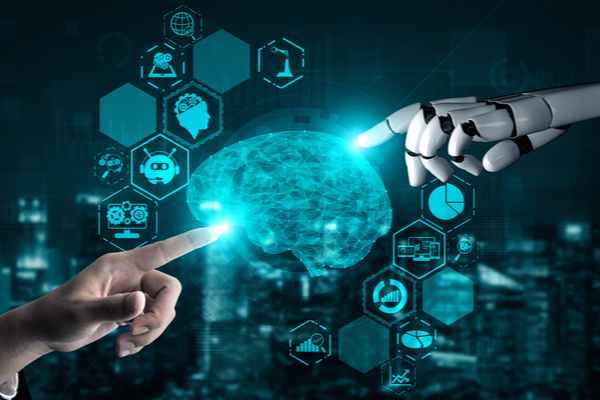Do you really need a physical body when you’ve got the next great idea? Shouldn’t an artificially intelligent machine be able to patent its own inventions? As far as a U.S. federal judge is concerned, the answers are “uh, yeah you do,” and, “nope.”
Bloomberg reports that in April 2020, the US Patent and Trademark Office (USPTO) ruled that only “natural persons” could be credited as the inventor of a patent, and on September 2nd a US court decided that yes, that’s what the law technically says.
Not every country agrees with that direction. South Africa and Australia decided to go the other direction, granting one patent and reinstating a second patent application filed by AI researcher Steven Thaler, whose AI system DABUS reportedly came up with a flashing light and a new type of food container. Thaler is the one who sued the US in this case as well — he’s part of a group called The Artificial Inventor Project that’s lobbying for AI recognition around the globe.
- The US Patent Act says inventors an inventor must be an “individual”
- Previous legal decisions have clarified that “individuals” have to be people (not, say, companies)
- It’s also pretty clear from context that the Patent Act was referring to people
- AI systems are not people
Oh, and the court says it can only overrule a US agency’s decision if it’s arbitrary, capricious, or obviously illegal — but in this case, the USPTO already laid out its entire reasoning why it plans to stick to the status quo last April. It also asked for public comment in 2019, before it made its ruling.
—
Photo Credit: Blue Planet Studio / Shutterstock.com
